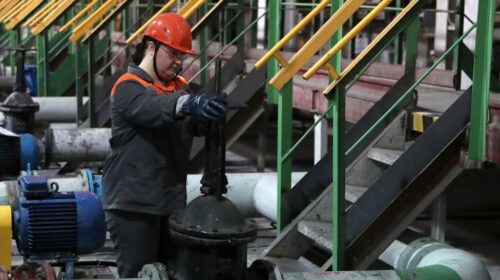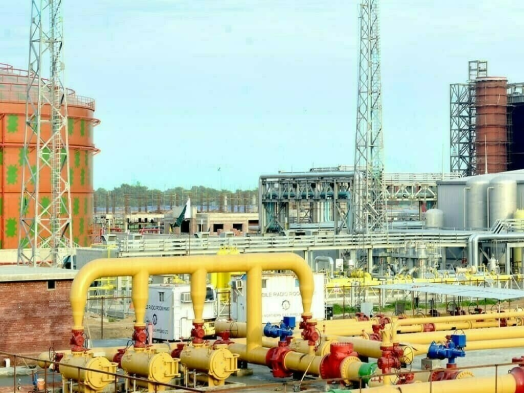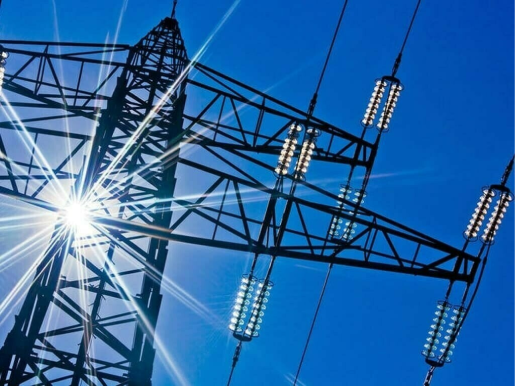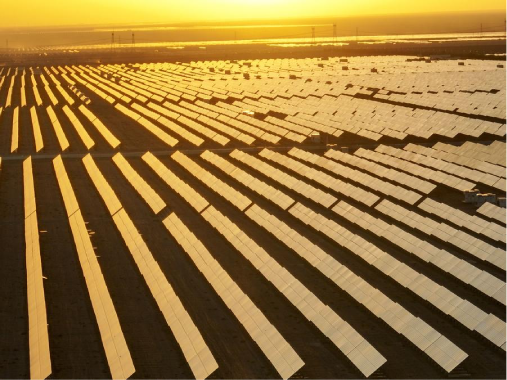While some care has been taken to phase in the UK ban on Russian oil, the UK and US cannot cut out the world’s third largest oil producer without tangible consequences.
Some of this is already factored in to the global price for crude oil and record pump petrol and particularly diesel prices. The price of an average tank in the UK is approaching £90 now, and there is a clear path to £100.
Even without formal diplomatic bans, an unofficial embargo is occurring in the markets. Shell was pilloried by Ukraine’s foreign minister for buying a cheap tanker of unwanted Russian crude, and has now apologised.
Another tanker was turned away from Tranmere docks in Merseyside, England, by unions refusing to offload the crude, and is now waiting near Orkney in Scotland for a purchaser.
President Biden was candid with the American people that there was a “price” for freedom. UK Prime Minister Boris Johnson hopes that the price can be minimised by a phasing in the ban over the course of this year.
But this is the economic weapon that will most hurt the Kremlin. Oil revenues are much more important than gas revenues.
There are also other options for the world’s supply of crude oil, stretching from Venezuela to the Gulf.
Though there are no sanctions on Russian energy in the EU plan, if followed, it will have a bigger overall impact on the energy market. Shrinking by two thirds the 155 billion cubic metres of Russian gas the bloc buys by the end of the year seems incredibly ambitious.
Telling 455 million Europeans to turn their thermostats down may prove politically challenging.
But the biggest challenge will be obtaining shipped liquefied natural gas (LNG) from alternative suppliers such as Qatar and the USA. To give some sense of scale, that is 500 tankers of gas the EU will need to replace. That is one twelfth of the total LNG supply of 6,000 shipments. And most of the West is trying to do the same thing at the same time.
Guaranteeing physical supply will not be without its challenges. But even then, this will come with a price, paid by everyone. It was a price President Putin assumed Western populations would not want to pay, but it’s now clear he assumed wrong.





